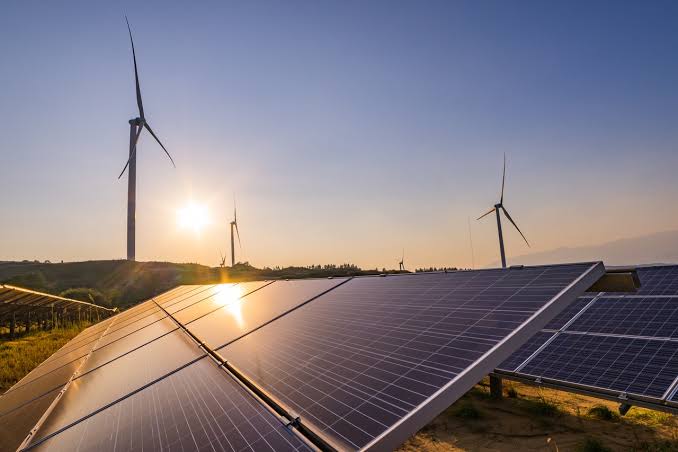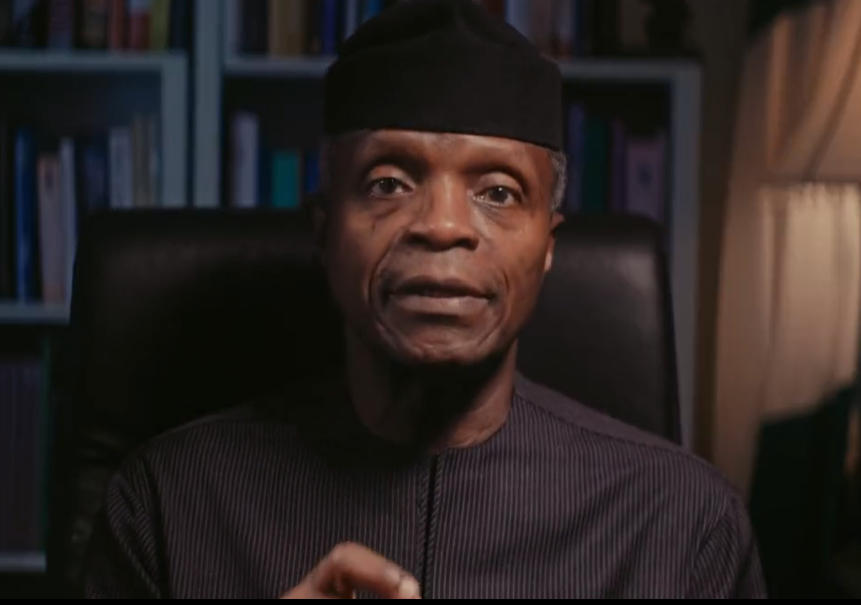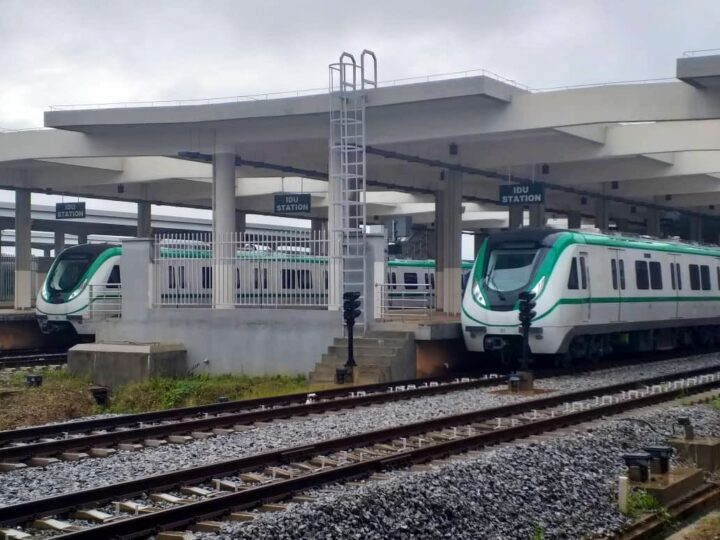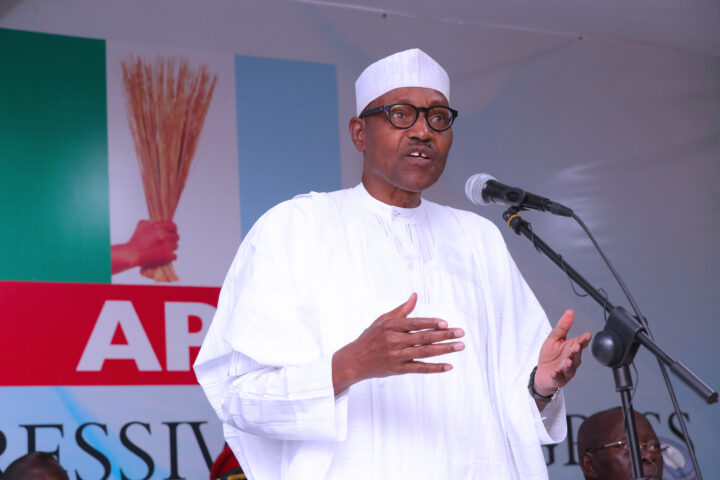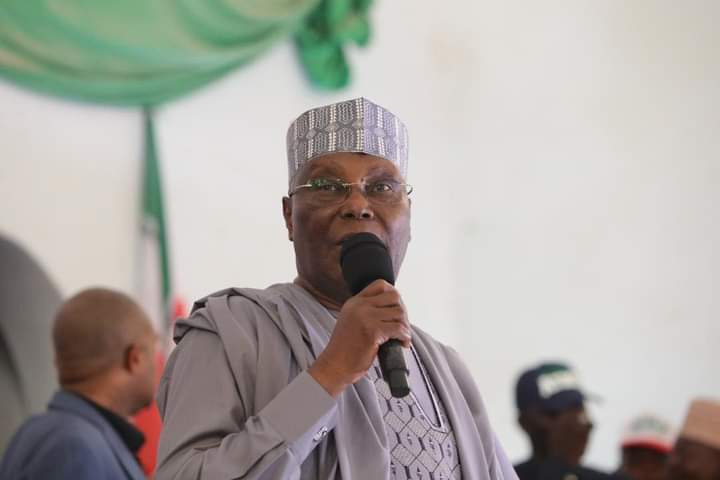The federal government has launched Nigeria’s energy transition plan as a major pathway in achieving universal energy access by 2030 and a carbon-neutral economy by 2060.
Vice-President Yemi Osinbajo, at the global launch on Wednesday, said the plan was designed to tackle energy poverty and climate change crisis, as well as deliver sustainable development goal seven (SDG7) by 2030 and net zero by 2060.
He said the plan will, among other things, lift 100 million people out of poverty, reduce Nigeria’s carbon footprint, drive economic growth and create jobs.
He added that it is time for Nigeria and the African continent to take ownership of transition pathways and design climate-sensitive strategies that address peculiar growth objectives.
Advertisement
“There is a clear need for African nations to engage more critically and vocally in conversations on our global climate future,” he said.
“More importantly, we need to take ownership of our transition pathways and design climate-sensitive strategies that address our growth objectives. This is what Nigeria has sought to do with our energy transition plan. The plan was designed to tackle the dual crises of energy poverty and climate change and deliver SDG seven by 2030 and net zero by 2060.
“While centering the provision of energy for development, industrialization and economic growth, we anchored the plan on key objectives, including lifting 100 million people out of poverty in a decade, driving economic growth, bringing modern energy services to the full population and managing the expected long term job loss in the oil sector due to global decarbonisation.
Advertisement
“Given these objectives, the plan recognises the role of natural gas in the short term to facilitate the establishment of this low energy capacity and address the nation’s clean cooking deficit in the form of LPG.
“The plan envisions vibrant industries powered by low carbon technologies, streets lined with electric vehicles, and livelihoods enabled by sufficient and clean energy. The plan has the potential to create about 340,000 jobs by 2030 and 840,000 jobs by 2060. And it presents a unique opportunity to deliver a true low carbon and rapid development model in Africa’s largest economy.”
Osinbajo said the transition plan requires a significant scale of resources which includes spending $410 billion by 2060.
“Nigeria would need to spend $410 billion above business as usual spending to deliver a transition plan by 2060 which translates to about $10 billion per year,” he said.
Advertisement
The vice-president added that Nigeria has set up an inter-ministerial energy transition implementation working group and is “currently engaging with partners to secure an initial $10 billion support package ahead of COP27”.
Add a comment
